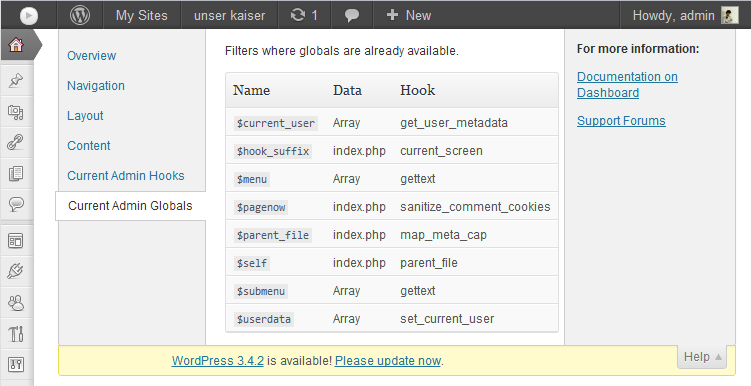I am trying to use WordPress authentication on a custom PHP page however when checking "is_user_logged_in" it returns nothing at all and other functions are also returning nothing helpful.
The code I am using is:
require $_SERVER['DOCUMENT_ROOT'] . "/wp-load.php";
require $_SERVER['DOCUMENT_ROOT'] . "/wp-blog-header.php";
print_r(is_user_logged_in());
I have logged into the admin area prior to testing this. When being logged in or logged out the function still doesn't return anything and there are no PHP errors.

